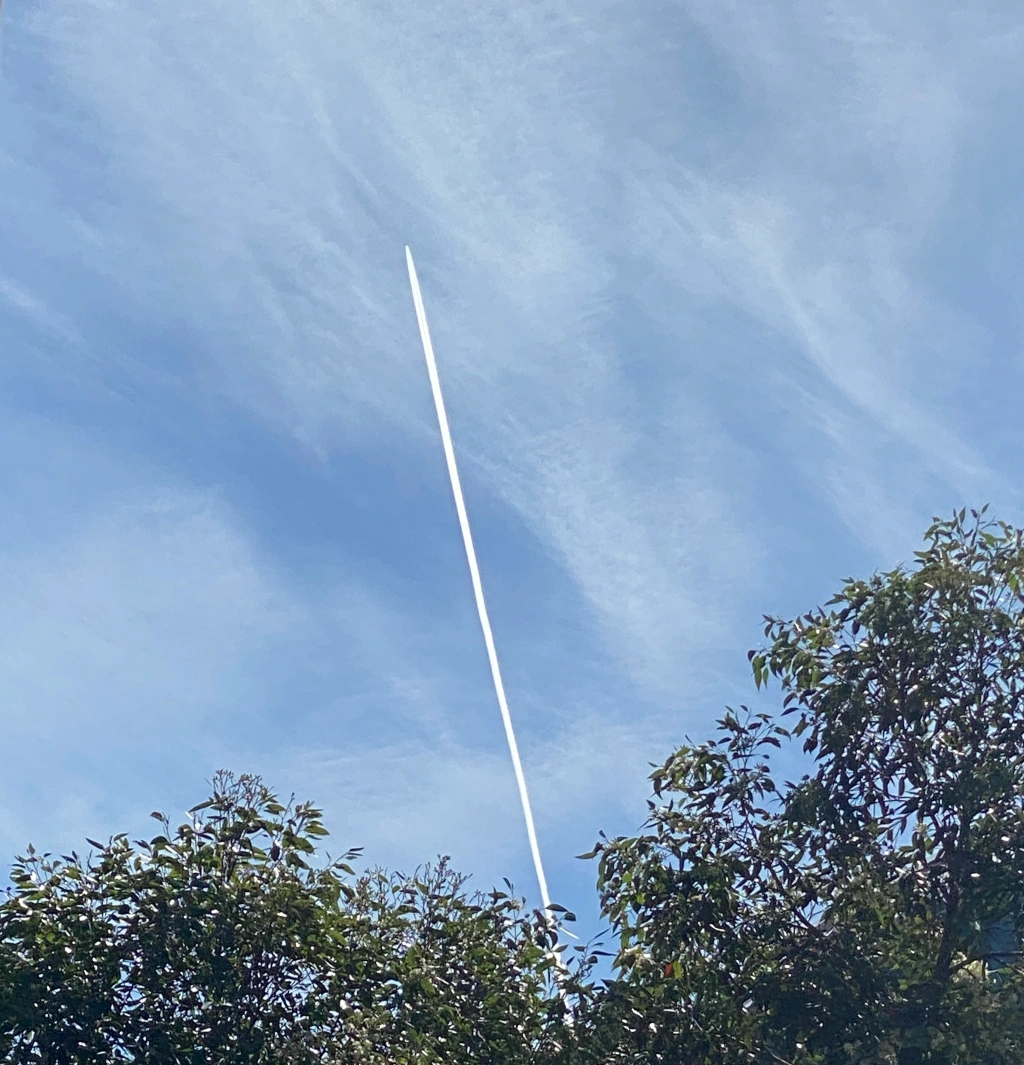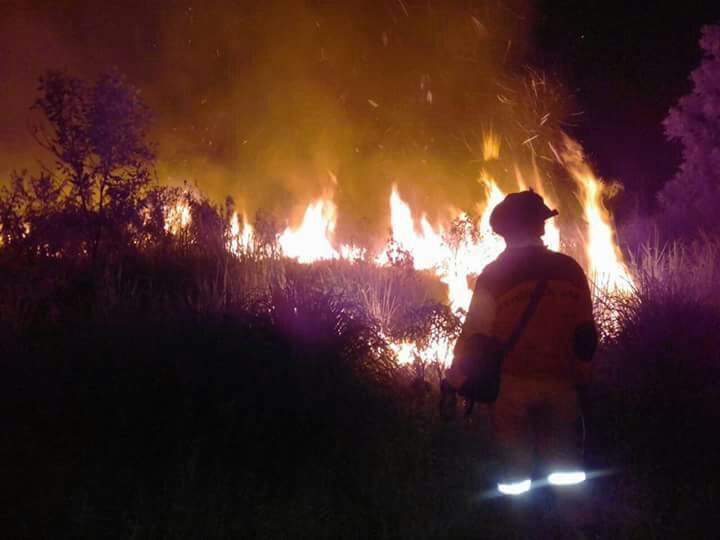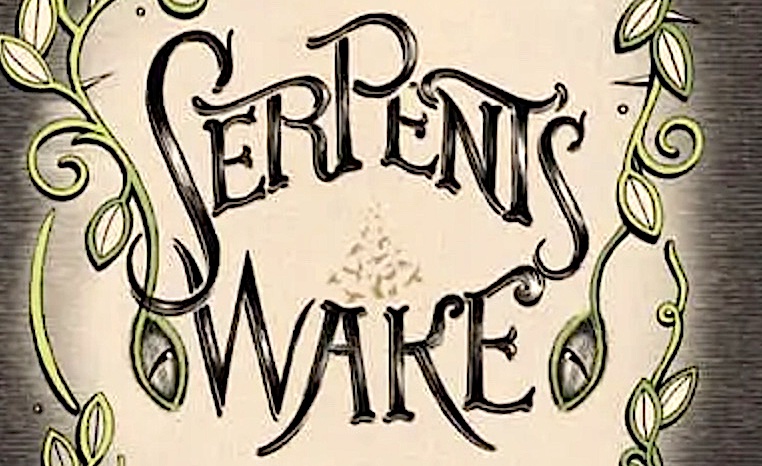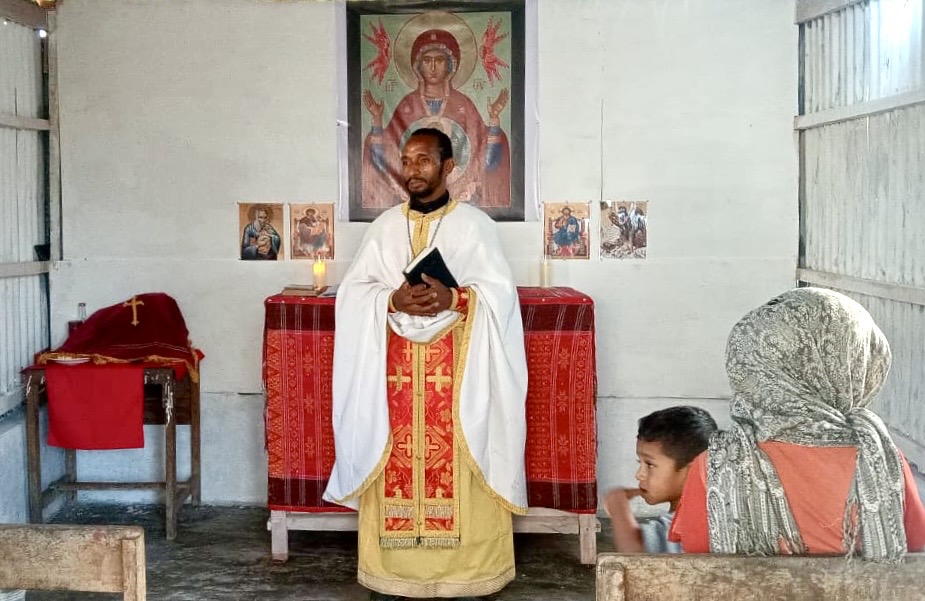
In the last decade of the 20th and the first few years of the 21st centuries there were unseen and unspoken realities that formed part of daily political life in Australia. This unseen domain was not necessarily the etheric world of spirit but a world driven by triumphalism and the politics of fear in which Australians were offered an increasingly monochromatic world view. Concerns about such simplistic constructions were often dismissed as the preoccupation of elites, or inherently unAustralian and liable to extend comfort to terrorists.
I found this most troubling, given more than a decade of careful work on cultural relations between Australia and Indonesia. Suddenly there was a suggestion that the people I was working with were inherently unjust and some even prone to move towards extreme Islamic views. I’d adopted a diplomatic approach in my dealings with Indonesia, both as a style and also as an aspect of my work when for a time my company was as a consultant to the Australia Indonesia Institute so I certainly didn’t accept such notions.
To me such a way of working seemed obvious since diplomacy, in theory at least, is an approach to foreign relations that seeks to minimize conflict between nations or between nations and those who would be nations. Increasingly, after the bombing of the World Trade Centre I observed a tendency, on the part of the Australian government of the day , to abandon this approach to diplomacy, emphasizing such strategies as pre-emptive strikes rather than cultural exchange and aid. It was a strategy that drew on fear, cultivating it with manifest lies of omission that frequently tripped over into lies of commission.
An early manifestation of this approach was the attempt to reduce the impact of the Australian Broadcasting Corporation (ABC). In the face of proposed budget cuts the Mansfield Review of the ABC concluded that if economic necessity meant something had to be cut then international broadcasting would be the best choice. So in June 1997, there was a marked reduction of Radio Australia’s footprint when its transmitters on the Cox Peninsula were shut down. Suddenly our capacity to broadcast the daily narrative of our lives, and those of our regional neighbours in the languages of our region either disappeared or was barely discernible in many places. Nowhere was this more important than Indonesia, long dependent on shortwave even for local broadcasts and on the verge of a tumultuous period that would see economic crisis; the fall of Suharto’s New Order Regime; widespread civil unrest, often directed at Chinese and Christian citizens; a new democratically elected government; and, the resurgence of the fanatical Islamic fringe group Jemaah Islamia, with the return of its exiled leadership from Malaysia in 1999.
1999 was also the year of appalling violence in East Timor following the 78.5 per cent vote for independence in a the UN controlled referendum. It was the time of UN Security Council Resolution 1264 enabling formation of the International Force For East Timor (INTERFET). Under Australia’s leadership INTERFET was formed to restore security in the crisis-ravaged territory. Logistically the response was extremely well managed, efficiently led, temperate and effective in its actions, but not so the foreign policy context.
On September 29, 1999, several weeks after President Habibie agreed to admit INTERFET forces to East Timor, the Bulletin published an interpretation of comments on foreign policy in which Prime Minister Howard is alleged to have expressed sentiments consistent with Australia becoming the USA’s ‘Deputy Sheriff’. Throughout the Asia Pacific region, particularly in Indonesia, this vulgar affirmation of the “Howard Doctrine”, initially welcomed by his office, confirmed existing suspicions. Many saw him as having unhealthy Eurocentric, if not racist, leanings following his relative silence on the anti-Asian sentiments expressed by Pauline Hanson the then leader of the Australia First Party.
There was an air of political nationalism cultivated around Australia’s participation in INTERFET. One Australian commentator observed, “It was as if Australia, rather than partnering others in a regional police action, was again sending off troops to Gallipoli as the band played ‘Waltzing Matilda’. Military triumphalism was the prime ministerial style of the day. Indonesians who were humiliated by the collapse of their economy, by the secession of East Timor and by the need to have foreigners to keep order there, were now subject to further humiliation by the Australian Prime Minister.” (1)
In a short time relations with Indonesia had been transformed. There was a growing concern in Indonesia that Australia had a covert commitment to break up the archipelagic state, to surgically remove its eastern portion. Such sentiments were sometimes encountered in Australia. On the left was a view that with the freeing of East Timor the next step was to deliver West Papua from Javanese colonialism. On the fringes of the nationalist right some even envisaged a greater Australia inclusive of Timor and West Papua. It was the triumphalism and culturally superior tone now inherent in the Australian approach that had the most impact in Indonesia.
Amongst ordinary Indonesians some were susceptible to the suggestion that, in supporting the embryonic democracy of East Timor, Australia was merely expanding its long held colonial interest principally because it wanted to monopolise the Timor gap oil and gas fields. With Radio Australia’s Bahasa Indonesia broadcasts greatly restricted, countering this view was rendered more difficult. Many Indonesians were forced to find alternate sources of news not all of them particularly favourable to Australia. The net impact of the Howard government’s response was one of grave political mismanagement and incompetence.
During 2000 Foreign Minister Alexander Downer addressed the new doctrine at the Asian Leaders’ Forum in Beijing. He explained that Australia could not so much view regionalism as cultural but rather practical, not something built on common ties but only mutually agreed goals. What he was thinking about Australia’s significant Chinese, Korean, Vietnamese and Khmer Diasporas, not to mention the large numbers of Melanesians and Polynesians playing such a prominent role in sporting codes like Rugby? One can only wonder precisely what Downer meant or exactly to whom his words were really directed. Even the most casual observation of urban Australia confirmed the ethnic and cultural transformations that rendered our regional connections far broader than mere strategic interests.
Alexander Downer’s diminution of culture as a basis for regionalism coincided almost exactly with the Pentecost in 2000. A significant date, it marked the beginning of a new role for the Cox Peninsula transmitters. For the first time the crusading zeal of Bob Edmiston’s Christian Voice replaced the exuberance of RA’s Kookaburra call sign beaming an evangelical message across the old footprint.
Finally wiser heads in the Department of Foreign Affairs and Trade (DFAT) prevailed and in August 2000 there was a significant increase in the ABC’s budget for overseas broadcasting, directly from DFAT, but sadly, too little too late.
In this world we were given scant detail of the tragic sinking of SIEV X (2) with the loss of 353 people yet asked to believe that parents on SIEV 4 (3) would willingly throw their children into the ocean just to pressure the Australian government. Then we were asked to view the 433 Afghan asylum seekers on board the Norwegian vessel Tampa, plucked from a sinking Indonesian fishing boat, as unworthy of assistance, despite Australian Search and Rescue broadcasting a call for assistance and the Royal Flying Doctor Service concluding that medical attention was urgently required. We were asked to acknowledge that it was fine for SAS to intercept and board the Tampa as its captain attempted to discharge his duty and drop the survivors on Australian Territory. In case we were in any doubt about reality, coastal islands were then excised from our migration zone placing them within yet without our borders.
Support for John Howard’s government peaked every time he managed to inoculate the minds of electors with fear and insecurity and then proffered his own particular brand of political snake oil to remedy the problem. Even before the mass murders in Bali the politics of fear was nurturing levels of extremism that in my experience were uncommon in everyday parlance. After the terrorist act that destroyed the World Trade Centre, an associate commented vindictively, “we ought to just go and bomb that black thing they all walk around in Mecca.” He was steeped in the new-speak of the era. In this new doctrine asylum seekers were queue jumpers and illegal, perhaps even terrorists, their collective efforts to get here merely people smuggling. None of this was making much sense, there was the official version and then there was the reality.
About this time a respected colleague, a Javanese Muslim and part of the democratically oriented Islamic Scholars group, sadly remarked on a sharpening of attitudes amongst her otherwise moderate friends. Their responses were in part a reaction such careless words as “. . . this crusade, this war on terrorism, is going to take awhile.” uttered by George Bush just a week after the destruction of the World Trade Centre.
In 3 November, 2001 Osama Bin Laden was moved to observe that: “In this fighting between Islam and the Crusaders, we will continue our jihad. We will incite the nation for jihad until we meet God and get his blessing. Any country that supports the Jews can only blame itself … what do Japan or Australia or Germany have to do with this war? They just support the infidels and the Crusaders.” Later in May 2002 he posed the question: “What has Australia in the extreme south got to do with the oppression of our brothers in Afghanistan and Palestine?” During all of these utterances the voice of RA was significantly muffled.
Gone were the days when I could reasonably expect to have an informed discussion about regional or even global affairs with ordinary Indonesians. These conversations, wherever they occurred, were common and with people who were quite candid about sourcing a significant part of their knowledge of current affairs from RA. Ordinary Indonesians on the streets were now deprived of easy access to this rich regional discourse, the space was taken, not just by the fundamentalism of Christian Voice but also by shadowy organizations of the Islamic fringe as well.
After October 12, 2002, and the first Bali bombings, I often reflected on just what an effective voice a full throated RA might have been as the two nations struggled to make sense of the tragedy. Sadly we only had a limited capacity to talk to the average Indonesian now and our government’s interests remained strategic rather than cultural. Ironically, for many Australians, and for many Indonesians, more than 20 years of growing tourism as well as increasing educational and cultural contact had created a special cultural space, neither Australian nor Indonesian, a shared space, a third space. Not a place that Alexander Downer was likely to visit, much less John Howard, clearly they didn’t have a road map. (4)
Fortunately things have changed John Howard is now a retired politician and Alexander Downer also retired to take up the post of United Nations special envoy to Cyprus.
(1) Ricklefs, M.C. Australia and Indonesia in The Howard Years. pp. 275. Edited by Robert Mann. Black Inc. Melbourne 2004. ISBN 0 9750769 1 4.
(2) SIEV X – Suspected Illegal Entry Vessel – (un-numbered) On 19 October 2001, a day after departing Indonesia a vessel with nearly 400 people, sank. Two Indonesian fishing boats picked up 44 survivors and 352 people drowned.
(3) SIEV 4 – Suspected Illegal Entry Vessel – (number four) On 7 October 2001, the Minister for Immigration, Mr Philip Ruddock, announced that ‘a number of children had been thrown overboard’ from a vessel suspected of being an ‘illegal entry vessel’. This false story was repeated by the Minister for Defence, Peter Reith, and Prime Minister, John Howard.
(4) The absence of a road map wasn’t merely confined to Indonesia. Although John Howard often visited the USA it’s clear he was unable to discern much of it’s political landscape. These comments coinciding with the northern winter of 2007 demonstrate that he suffered from a form of political snow blindness.
“I think he’s wrong. I think that will just encourage those who want to completely destabilise and destroy Iraq, and create chaos and a victory for the terrorists to hang on and hope for an Obama victory,”
“If I were running al-Qaeda in Iraq, I would put a circle around March 2008 and be praying as many times as possible for a victory not only for Obama but also for the Democrats.” AAP February 11, 2007 10:59am Quoting PM Howard from Channel 9




Leave a comment